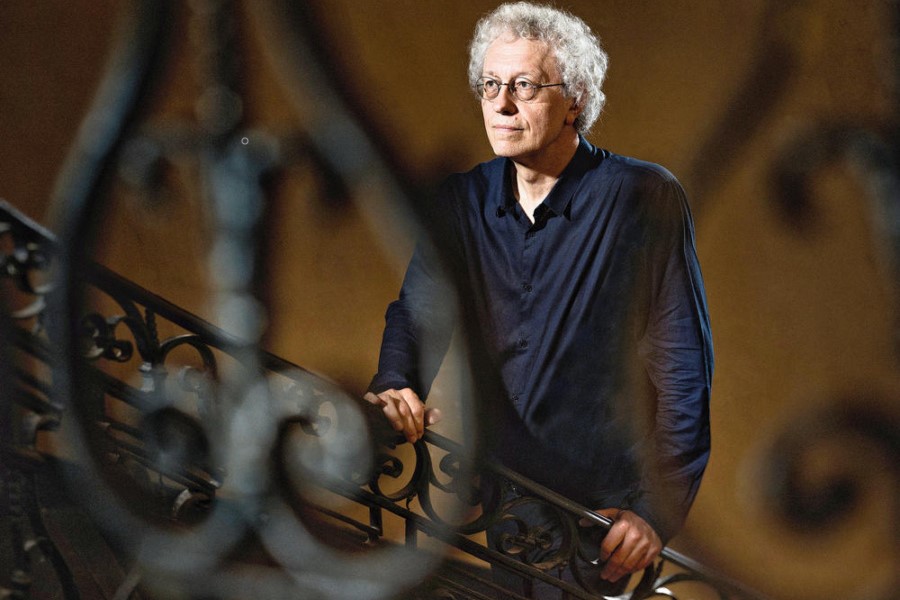Bearing in mind that Johann Sebastian Bach never left Germany, it might seem that his music would be devoid of foreign inspirations, unlike, for example, the work of the cosmopolitan George Frideric Handel. Nothing could be further from the truth. In the compositions of the master from Bonn, at every step we find evidence of the cultural community of the Europe of his time, and, in addition to Italian influences, also clear manifestation of the influence of patterns originating from France. A great opportunity to look at the French inspirations in Bach’s organ works will be the concert of the Belgian organ virtuoso and composer Bernard Foccroulle, held during the French Academy.
Already at the end of the 17th century, there were so many musicians from other countries in Germany that there was no need to leave it to become acquainted with international art. One of them was the composer Georg Muffat, born in southern France. After seven years spent in Paris, where he studied with Lully, and a stay in the German French melting pot in Alsace, he began a career as an organist and kapellmeister in the southern regions of Germany, withfrequent relocations, among others, to Prague, Vienna, Salzburg, Ingolstadt and Passau. As for Bach, he certainly had a wonderful opportunity to come into contact with French music as a young man, during his stays at the ducal court in Celle, which was full of French influences. The prince owned a large collection of French music, to which the young composer undoubtedly had access. It included, among others: copies of Livre d'Orgue by Nicolas de Grigny, which Bach later copied.
There is no doubt that the German genius was an admirer of François Couperin. His student, Heinrich Nicolaus Gerber, wrote about it directly, and it is quite likely that Bach and Couperin exchanged letters. The Frenchman’s compositions also found a place in a musical notebook Bach prepared for his wife – Clavier-Büchlein für Anna Magdalena Bach. As for the organ works of Couperin – one of the musicians of Louis XIV, it has survived in only one collection – Pièces d'orgue consistantes en deux messes, and from it comes Messe à l'usage ordinaire des paroisses, fragments of which will be performed by Bernard Foccroulle. Bach certainly came into contact with another musician of the Sun King – the excellent organist Louis Marchand. The two were even ... planning to fight a musical duel in Dresden to prove which of them was the more skillful musician. The Frenchman, who was otherwise highly respected by Bach, apparently decided to flee the city before the scheduled date of the duel.



